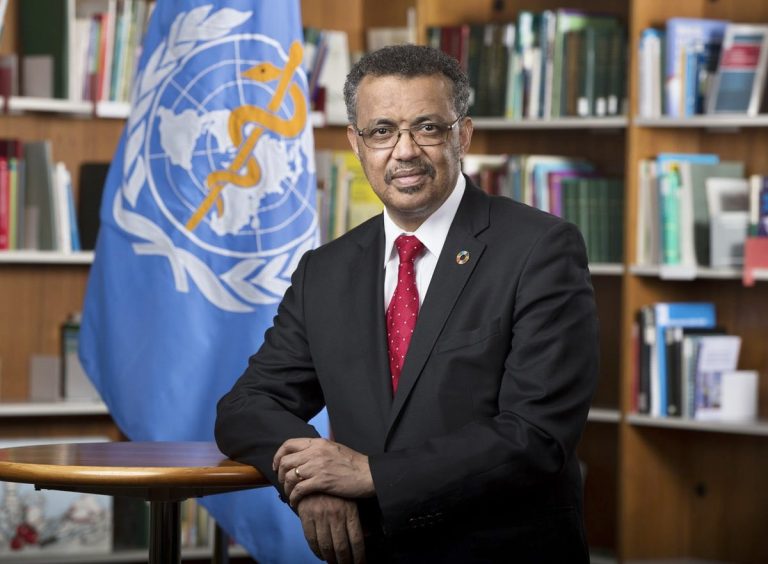Investing in digital health today could prevent millions of deaths caused by noncommunicable diseases (NCDs) like heart disease, cancer, and diabetes. A small yearly investment of just 24 cents per patient in technologies like telemedicine, mobile messaging, and chatbots has the potential to save over two million lives over the next decade.
The investment, according to a new report by the World Health Organization (WHO) and the International Telecommunication Union (ITU), could also prevent seven million medical emergencies and hospitalizations, easing the pressure on health systems worldwide.
The report, “Going Digital for Noncommunicable Diseases: The Case for Action,“ was launched during an event hosted by the Government of The Gambia at the 79th United Nations General Assembly. The report emphasizes the need for collective action. “The future of health is digital,” said WHO Director-General Dr. Tedros Adhanom Ghebreyesus. “But to make this vision a reality, we need both resources and collaboration.”
Doreen Bogdan-Martin, Secretary-General of ITU, echoed this sentiment, noting that “the digital revolution has the potential to unlock a health revolution.” She stressed that digital technologies could help ensure that everyone, regardless of location, has access to vital health services.
NCDs, which are responsible for 74% of global deaths each year, are often preventable. Despite progress in fighting these diseases, integrating digital health tools into mainstream health systems remains a challenge. The report highlights the urgent need to use technology to scale up solutions and address the growing burden on healthcare.
Common lifestyle habits, such as smoking, poor diet, lack of physical activity, and alcohol misuse, increase the risk of NCDs by raising blood pressure, blood sugar, and cholesterol levels, and causing obesity. Digital tools like chatbots and messaging apps can help people understand these risks and make healthier choices.
For people already living with NCDs, regular care is essential. Telemedicine and other digital tools can help them access care more easily, while real-time data allows healthcare professionals to make better decisions for their patients.
Although more than 60% of countries have developed a digital health strategy, many still face difficulties integrating new technologies into their existing systems. The report calls on governments to invest in digital infrastructure and improve standards for health technology to fully realize its potential.
This report is part of a broader initiative by WHO and ITU, supporting governments in developing tailored digital health strategies to better manage NCDs and improve healthcare for all.


